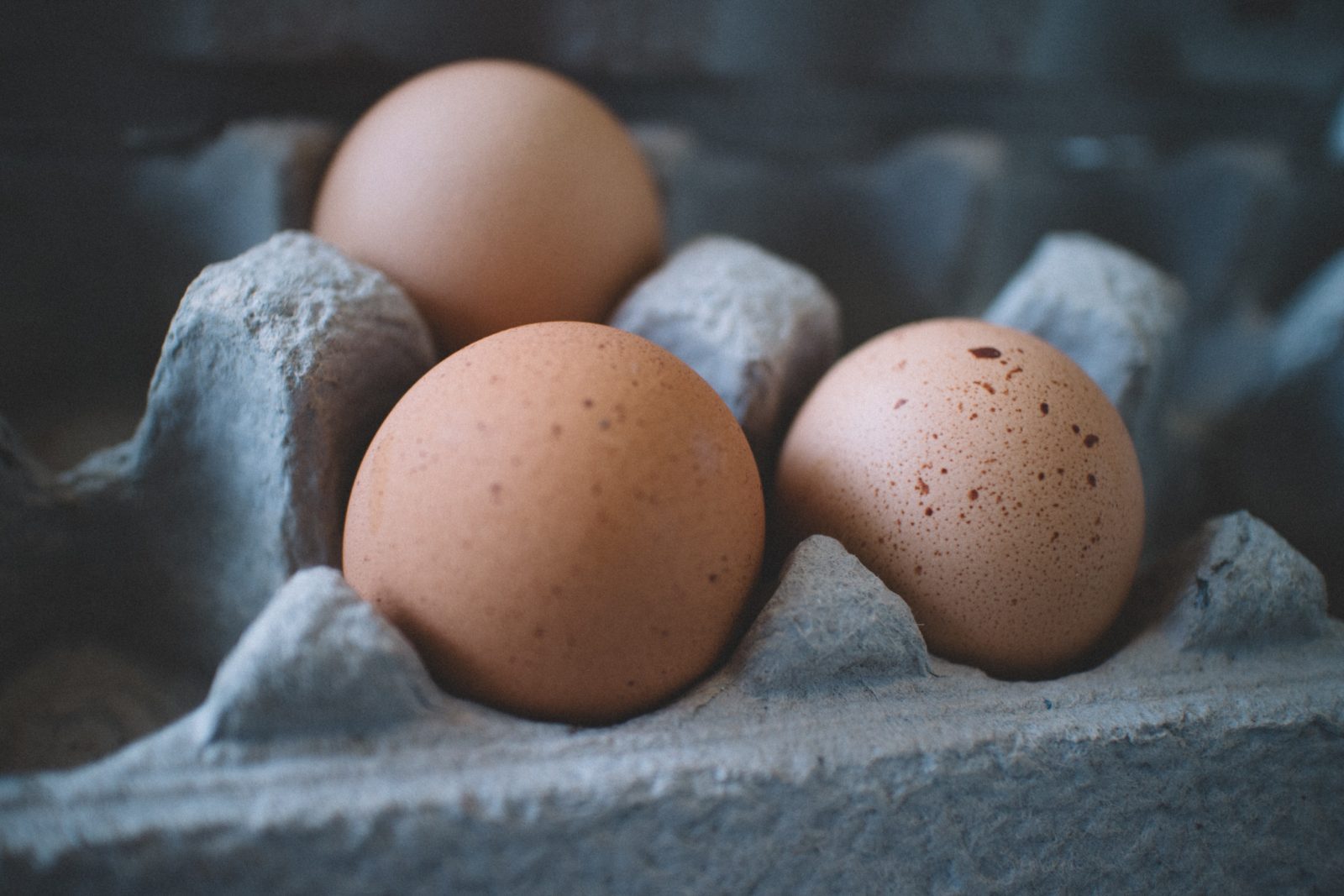In recent months, there has been a noticeable decrease in prices for eggs, dairy products, and most vegetable oils, while the price of pork could still rise. According to agricultural analyst Petr Havel, the reason behind this potential increase is the shortage of pork throughout Europe.
Which foods are becoming cheaper, and which do you think will continue to increase in price?
In general, the prices of most food products sold in our market are either decreasing or remaining stable. However, some exceptions exist, with pork being an essential example for Czech consumers. Prices are expected to rise for pork. The reason is simple: there is a lower supply of the primary raw material, pork, both in the Czech Republic and across Europe, due to reduced pig herds.
And which foods have noticeably become cheaper compared to six months ago?
This trend is particularly evident in certain dairy products. The milk price has been gradually decreasing for several months and is expected to stabilize at this lower price. There is always a time lag between changes in the price of agricultural raw materials and changes in retail prices. Therefore, there may still be some adjustments in the coming months.
Additionally, eggs have become significantly cheaper. According to some pessimistic forecasts, one egg was expected to cost 10 korunas, but currently, the price is around three korunas. In other words, the price has returned to pre-inflation levels. It is also important to note that the avian flu pandemic has subsided, leading to the re-establishment of poultry farms and an increase in egg production. The price decrease is also noticeable for most vegetable oils, as the prices of oilseeds on both the global and European markets have significantly decreased. Therefore, edible plant oils are also more affordable, which should be reflected on store shelves.
Do you believe food prices will decrease from January due to reduced value-added tax (VAT) rates from 15% to 12% for food products?
Retail chains claim that they will pass on the VAT reduction to food prices, and I believe them since they would not make such statements without reason. However, the change in the VAT rate is minimal. Consumers will only feel the impact if they make relatively large purchases worth at least a few hundred korunas. Small investments will not be significantly affected. Moreover, this reduction only applies to solid food products, as beverages are expected to fall under the standard VAT rate of 21%. Therefore, the extent to which consumers benefit from this reduction depends on their purchasing habits. In some cases, individuals may even end up paying more due to the higher prices of beverages. However, if someone buys larger quantities of, for example, bread and meat, they may experience savings of tens of korunas on significant purchases.
According to pessimistic forecasts, one egg was expected to cost 10 korunas. Currently, the price is around three korunas.
How will the government’s subsidy cuts for farmers and food processors affect food prices?
I do not believe that the subsidy cuts will have a significant impact. Any effects will likely appear with some delay. I do not expect any significant price increases due to subsidies before Christmas. The increasing bureaucracy is more likely to put pressure on food prices. Although it is intended to improve the state of the countryside, nature, and the planet, it should not be taken to extremes. Regulations are increasing and will continue to do so. For example, specific intensification agents, such as plant protection products, are restricted, reducing the risk of pests. These measures, among many others, are more likely to lead to higher food prices than subsidy cuts.
Indeed, the extent and location of the subsidy cuts will play a role. Currently, livestock production seems to be the most affected, so some price increases due to reduced subsidies may be expected in this area. However, it is essential to note that livestock production has a relatively long production cycle, except for poultry. Therefore, any effects may not be immediately





